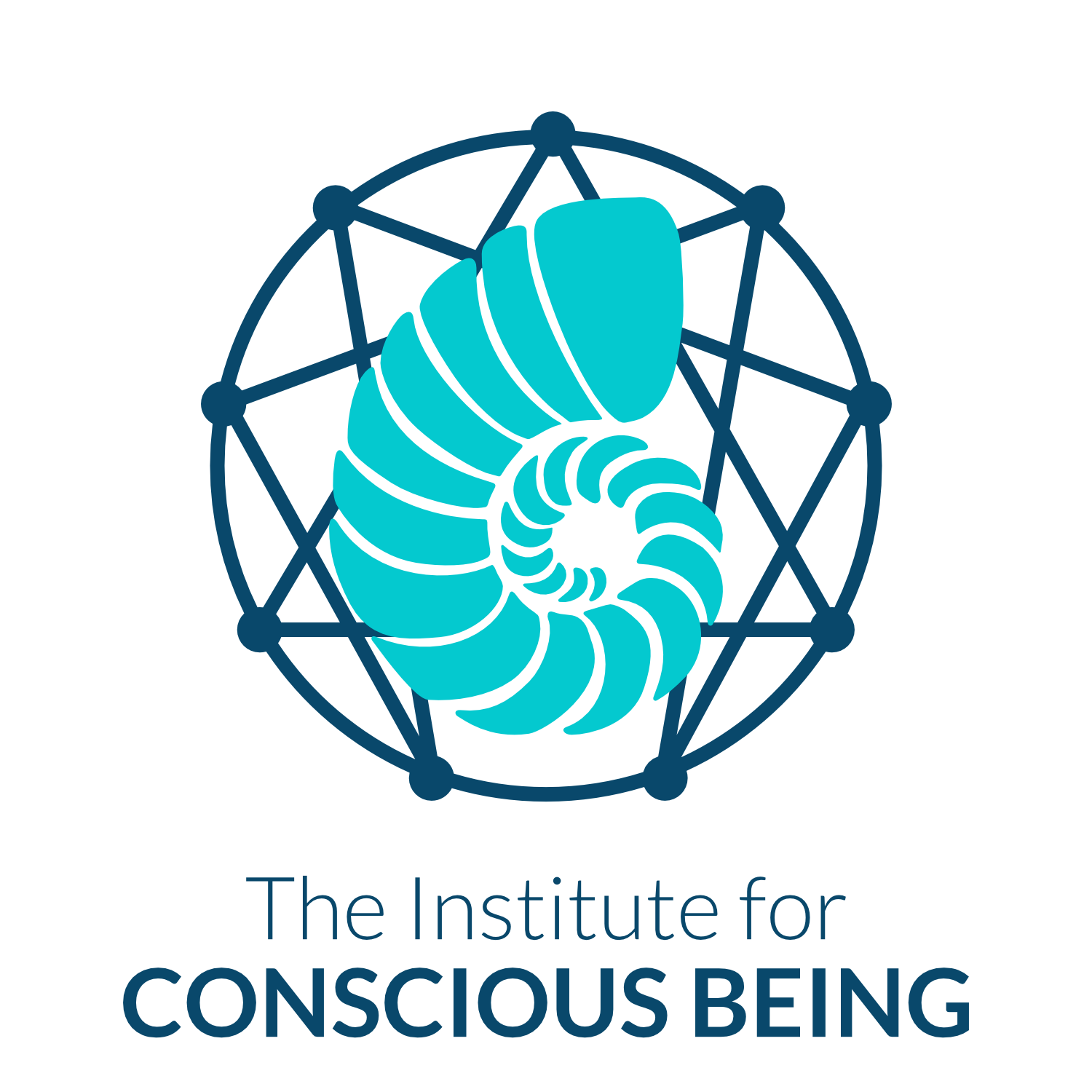Holding Our Breath
February 27, 2024
You may know the song by Sting called "Every Breath You Take" (1983). Some say it is a love song, while others say it is about stalking. Whatever Sting's reason for writing the lyrics (he wrote them in half an hour in the middle of the night), the words are about a close bond that had been broken. One of the lines is, "Oh, can't you see you belong to me?" The singer's words go on to say, "Every breath you take, …. I'll be watching."
Losing our possessions is one of the most challenging things we must endure. We can lose money, lands, houses, cars, social standing, jewelry, jobs, roles, health, and more. When we pay for something, work for it, or are entrusted with it, we are angered when it’s lost. Many of us feel grief, disbelief, and resentment. It isn't fair, and it's wrong that we lost what is rightfully ours.
We even go to court or to war to retrieve what was ours.
The most painful losses are of those whom we love. We may not think of ourselves as possessing the people we love, but we very much feel ownership of the feelings and experiences they give us. We count on and plan on their love, like food and clothing. They are thought of as "givens," parts of our being. We receive their love, which is wonderful, but in turn, we give them our love, which is an investment of our affection, time, emotions, resources, and hopes. Once we give of ourselves in heart, mind, and body, we unconsciously feel ownership of the person. This is often called attachment.
So, when someone we are closely attached to leaves us, it is natural to feel robbed of our possessions. If we cannot accept the loss by finding healthy ways to channel our grief, we might act out by outbursts, withdrawal, or, in some cases, by "stalking" the one who left us.
There are many ways to stalk. Stalking someone who left us is a refusal to accept the loss and a distorted way to stay attached. Stalking also acts out our anger, postpones our grief, and punishes the one who abandoned us. How more aggressive can someone be than to follow someone so closely that they watch every breath they take? This "kills" someone by the extreme invasion of their privacy. Roberta Flack echoed this type of "death by smothering" when she recorded "Killing Me Softly" in 1973.
The famous entertainer Liberace had a net worth of $18 million at his death in 1987, equivalent to around $42 million in today's dollars. He had several houses, cars, a wealth of antiques, original Greek and Roman statuary, expensive artwork, precious jewels, and his grand piano-shaped swimming pool. His answer was surprising when asked why he had collected so many material possessions. He said that these things were not really his and that he didn't consider that he owned anything he had. He added that he was simply the caretaker of these beautiful things while he had them.
Whether material things, mental things, physical attributes, wondrous emotions, or dearly loved ones, we are only caretakers of them while we "have" them. This concept is the virtue of Ego Type Five and the virtue we acquire as we pass through that energy on the Enneagram: The Virtue of Detachment.
Inquiry: What are the reasons why you would ever possess someone?
Dear God,
I pray for detachment and to be a caretaker rather than a possessor.
Amen
To receive Dr. Howell’s Reflections in your inbox every day, complete the form below to begin your journey into who God has made you to be. The path to wholeness starts now!


